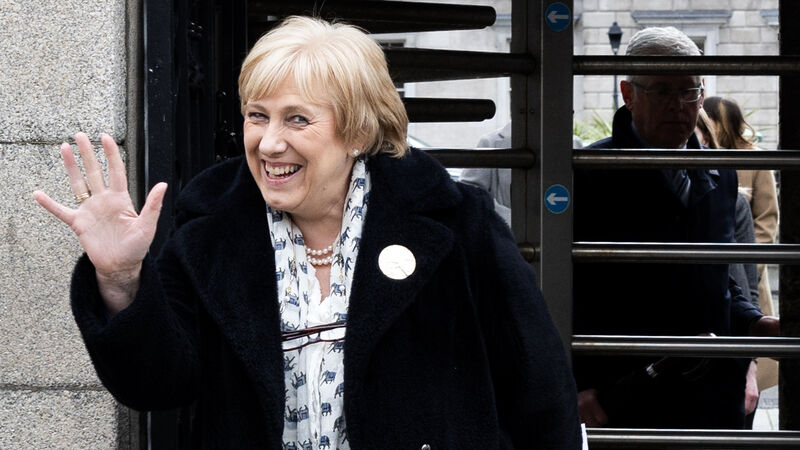Business costs could hit pension scheme set to benefit women

Minister for Social Protection Heather Humphreys has insisted the plan will launch by the end of the year. Picture: Sam Boal/Collins
Try from €1.50 / week
SUBSCRIBEA long-awaited government scheme is anticipated to support wealth equality for female workers — but a lack of detail and the rising cost of doing business could crush the plan before it is even implemented.
Employment solicitor Barry Crushell said private pension auto-enrolment could be largely beneficial for women as he is aware of many who enter into “much more precarious part-time and flexible working arrangements than men” and “are likely to be paid less than men in general”.
Already a subscriber? Sign in
You have reached your article limit.
Annual €130 €80
Best value
Monthly €12€6 / month
Introductory offers for new customers. Annual billed once for first year. Renews at €130. Monthly initial discount (first 3 months) billed monthly, then €12 a month. Ts&Cs apply.
CONNECT WITH US TODAY
Be the first to know the latest news and updates
Newsletter
News and analysis on business, money and jobs from Munster and beyond by our expert team of business writers.
Newsletter
News and analysis on business, money and jobs from Munster and beyond by our expert team of business writers.
Newsletter
Keep up with stories of the day with our lunchtime news wrap and important breaking news alerts.
Newsletter
Sign up to the best reads of the week from irishexaminer.com selected just for you.
Friday, February 13, 2026 - 7:00 AM
Friday, February 13, 2026 - 7:00 AM
Thursday, February 12, 2026 - 5:00 PM
© Examiner Echo Group Limited